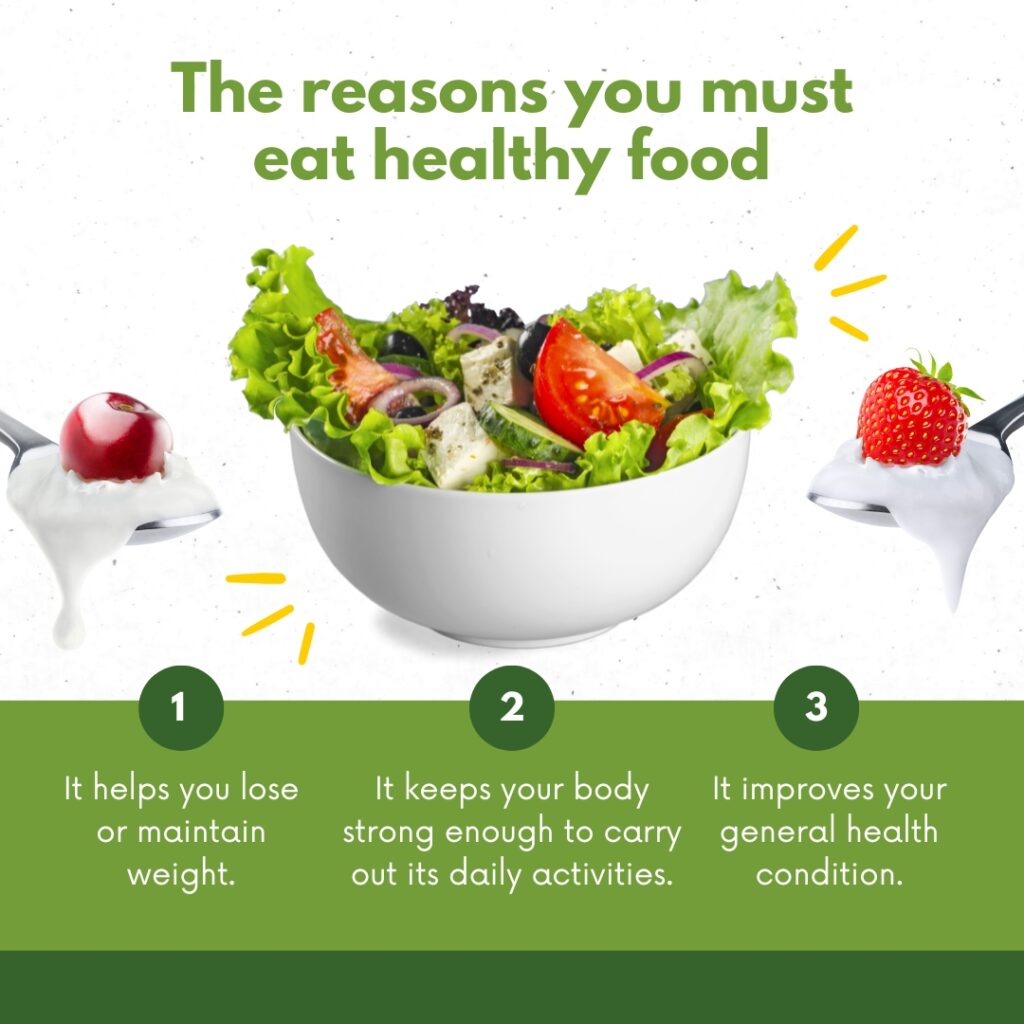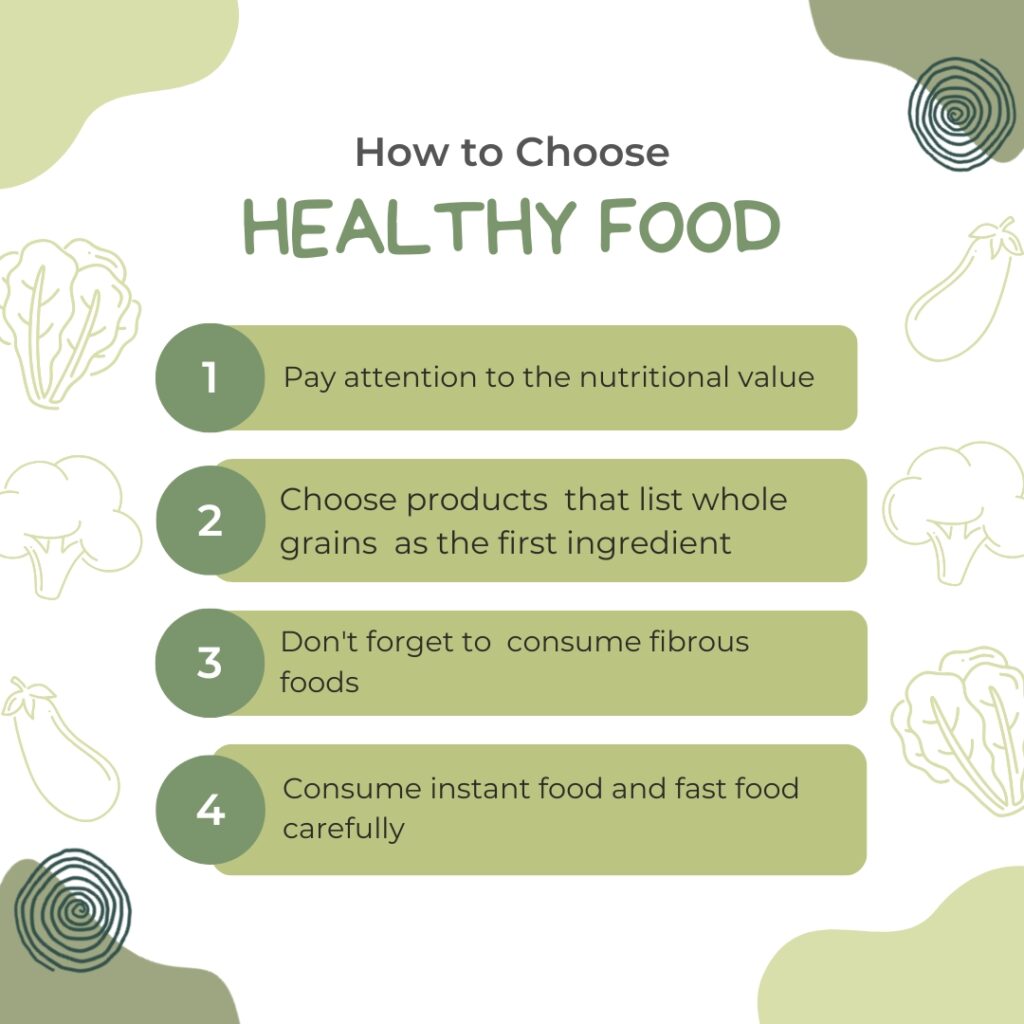In today’s fast-paced world, the importance of mental health is increasingly recognized, especially among women who often juggle multiple roles. One essential aspect of mental well-being that is sometimes overlooked is nutrition. Research indicates that there is a profound link between what we eat and how we feel, making nutrition a vital component in promoting and maintaining women’s mental health.
The Role of Nutrition in Mental Health

Nutrition directly affects brain function, impacting mood, cognition, and emotional regulation. Essential nutrients like omega-3 fatty acids, vitamins, and minerals play significant roles in neurotransmitter production and brain health. For instance, omega-3s found in fatty fish, flaxseeds, and walnuts are linked to reduced symptoms of depression and anxiety. Similarly, B vitamins, especially folate, are crucial for maintaining mental health. Deficiencies in these nutrients can lead to mood disorders and cognitive decline.
Hormonal Influence
Women experience unique hormonal fluctuations throughout their lives, such as during menstruation, pregnancy, and menopause. These changes can significantly impact mental health. A balanced diet rich in nutrients can help alleviate some of the symptoms associated with these hormonal changes. For example, magnesium, found in leafy greens, nuts, and seeds, can help reduce symptoms of premenstrual syndrome (PMS) and promote a sense of calm. Ensuring adequate calcium intake can also support mood stability during menstrual cycles.
Gut-Brain Connection
The gut microbiome plays a crucial role in mental health. Emerging research suggests that a healthy gut can positively influence mood and cognitive function. Probiotics and prebiotics, found in fermented foods like yogurt, kefir, and sauerkraut, can promote a healthy gut microbiome. A diverse and balanced diet that includes fiber-rich fruits, vegetables, and whole grains can enhance gut health, thereby positively affecting mental well-being.
Practical Nutritional Tips

- Eat a Balanced Diet: Aim for a colorful plate filled with a variety of fruits and vegetables, whole grains, lean proteins, and healthy fats. This ensures that your body receives a wide range of essential nutrients.
- Stay Hydrated: Dehydration can lead to fatigue and irritability. Drinking enough water throughout the day supports cognitive function and overall mood.
- Limit Processed Foods: Highly processed foods often contain excessive sugar, unhealthy fats, and additives that can negatively affect mood and energy levels. Focus on whole foods for optimal nutrition.
- Mindful Eating: Pay attention to what and how you eat. Mindful eating can improve your relationship with food and help you recognize hunger and fullness cues.
- Seek Support: If struggling with mental health issues, consider consulting a nutritionist or a mental health professional. They can help tailor a nutritional plan that addresses individual needs and promotes mental well-being.
Conclusion
The connection between nutrition and women’s mental health is undeniable. By making conscious dietary choices, women can not only nourish their bodies but also support their mental health. A well-rounded diet can enhance mood, reduce anxiety, and improve overall quality of life. Prioritizing nutrition is an empowering step towards achieving a healthy mind and a healthy body, ultimately leading to greater resilience and well-being.




